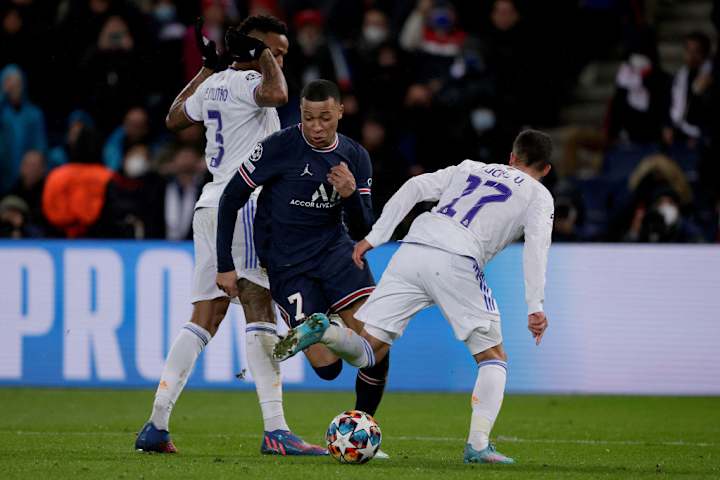In the intricate world of European club football, where tradition often clashes with ambitious innovation, the specter of the European Super League continues to cast a long shadow. The latest chapter sees Paris Saint-Germain`s president, Nasser Al-Khelaifi, calling for a return to unity, a sentiment that finds a complex reception amidst the staunch advocacy of Real Madrid and the evolving stance of Barcelona.
A Call for Family Reunion from Paris
Speaking at the European Football Club’s (EFC) annual assembly in Rome, Nasser Al-Khelaifi delivered a message steeped in familial warmth: “We`re a family. We want everyone back… This is their family and their home.” The PSG president, whose club recently tasted the sweet victory of the Champions League, made it clear that from his perspective, there`s no need for an alternative competition. Why, after all, would one seek a new path when the existing one has just yielded such glorious results?
This invitation to rejoin the “family” is primarily directed at Real Madrid, the most vocal proponent of the Super League project. For Al-Khelaifi, the Super League is “dead before it even started,” a sentiment made significantly more convincing when uttered by the head of Europe`s reigning champions. It’s a compelling argument: if the current system delivers the ultimate prize, what`s the quarrel?
Real Madrid`s Unwavering Vision: A Crusade to “Save Football”
Across the continent, in the hallowed halls of Real Madrid, the narrative diverges sharply. Spearheaded by president Florentino Pérez, the club remains a solitary but determined standard-bearer for the Super League. Pérez and his executive team view the project not as a rebellion, but as a necessary evolution, even a crusade, to “save football.” Their concerns are rooted in the perceived financial dominance of the Premier League and the belief that the current UEFA Champions League format is antiquated, failing to generate sufficient revenue or captivate younger audiences.
Despite the initial, tumultuous collapse of the Super League in 2021—triggered by a powerful backlash from fans, politicians, and players that saw all six English clubs withdraw—Real Madrid`s conviction has only deepened. Pérez has declared the league “more necessary than ever,” with CEO Jose Angel Sanchez affirming the club`s commitment to “keep working on the execution” of a new European competition.
The “Unify League”: An Attempt at Reconciliation or Reinvention?
In response to the fierce criticism of its original “closed league” format, A22 Sports Management, co-founded by Real Madrid and Barcelona, unveiled a rebranded proposal: the “Unify League.” This new iteration attempts to address past grievances by incorporating a system of promotion and relegation based on domestic league performance. It even includes plans for a women`s competition and a free-to-air streaming platform, hoping to present a more palatable, merit-based alternative. Yet, the opposition persists.
Barcelona`s Shifting Sands: Towards Pacification?
Adding another layer of intrigue to this ongoing saga is the evolving position of FC Barcelona. While historically aligned with Real Madrid in pushing for the Super League, Barcelona president Joan Laporta also attended the EFC meeting in Rome. His statements indicated a potential shift: “Nasser, the president of the EFC, invited us. We graciously accepted; there`s a very good relationship. With Barcelona, we`re in favour of pacifying European football; we want an agreement and a return to UEFA.”
This subtle but significant change of heart from one of the Super League`s original architects could signal a critical turning point. While Barcelona`s financial situation has often been cited as a driver for their Super League interest, Laporta`s current overtures suggest a desire to bridge the divide rather than widen it.
The Road Ahead: Family Feud or Forced Forgiveness?
The stage is set for a fascinating period in European football governance. PSG, basking in its Champions League glory, can afford to play the role of the benevolent patriarch, extending a hand to its wayward relative. Real Madrid, meanwhile, continues its quixotic quest, convinced that its vision offers the true salvation for the sport, even if it means standing alone against the tide. And Barcelona, ever the pragmatist, seems to be weighing the merits of reconciliation.
Whether this football family can truly be reunited under one roof, or if the fundamental disagreements over financial models and sporting integrity are simply too vast, remains the sport`s most compelling unanswered question. One thing is certain: the conversation around football`s future is far from over.

